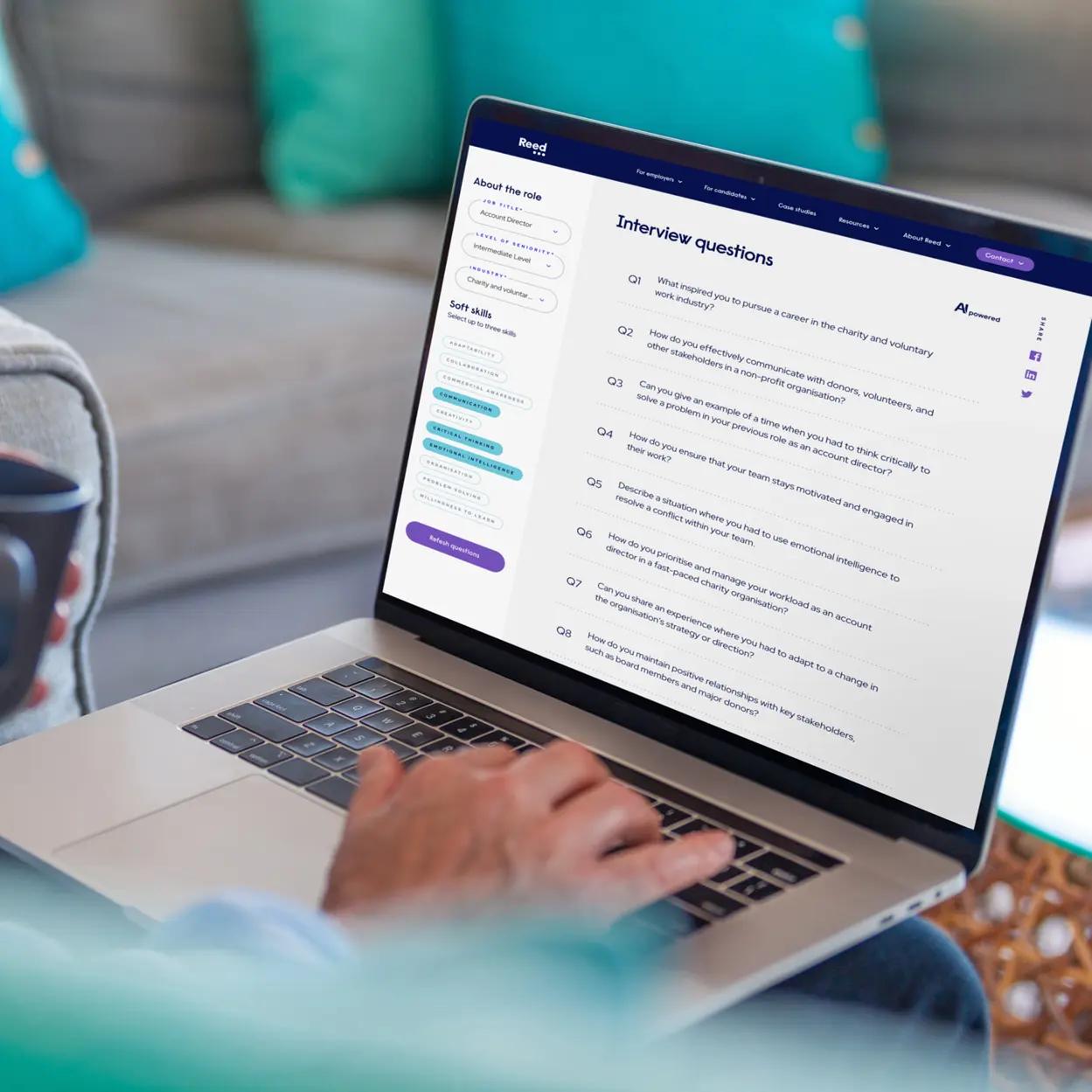As the Covid-19 crisis continues to evolve, it is clear that many employees are worried about the implications of self-isolating and sick pay. The government website outlines up-to-date information regarding Statutory Sick Pay (SSP), as well as information about what to do if you have any coronavirus symptoms.
What is Statutory Sick Pay?
SSP refers to the amount that your employer must pay you when you’ve been unwell and unable to work for at least three days. The spread of the coronavirus has led to emergency legislation being introduced, including a requirement that employers must pay their employees from the first day they start self-isolation.
The current rate for those eligible for statutory sick pay is £94.25 per week, for up to 28 weeks (including the first three days). Those in need cannot receive less than this amount, but they could get more if their company has a sick pay scheme, or ‘occupational scheme’, the details of which should be stated in your employment contract.
Any day you are off sick when you normally would have been working are called ‘qualifying days’. The first three days you are absent from work with illness are called ‘waiting days’. You’d normally only get paid for these three days if you’ve already received SSP within the last eight weeks.
How you’re paid
SSP is paid by your employer in lieu of wages, so you would receive it in the same way and same time - weekly, monthly or four-weekly, depending on your regular pay day. Those with more than one job will receive sick pay from both employers, the same as you’d be paid by both. Tax and National Insurance are deducted, just as they would be from usual income. If you think you’re not getting the right amount of SSP, talk to your employer or contact the HMRC enquiry line.
Eligibility
There are four criteria you must follow in order to qualify for SSP. You must:
Be classed as an employee, and have done some work for your employer
Have been ill for at least four days in a row (including non-working days)
Earn an average of at least £118 per week
Tell your employer you’re sick before their deadline, or within seven days if they don’t have one
From 13 March 2020, when emergency measures were implemented, anyone who self-isolates due to coronavirus is entitled to sick pay, as long as they meet the criteria previously stated. You will still qualify if you have started your job recently and you’ve not yet received eight weeks’ pay. Your employer can tell you more about this. Agency workers are also entitled to SSP.
People already receiving statutory maternity pay will not receive sick pay, nor will those who have already been paid the maximum amount of SSP (28 weeks’ worth).
The government has said that these changes will be temporary and will be revoked when the situation no longer calls for it.
For the latest updates, visit the government website to stay informed of any changes that may have been put in place since this blog was written (24 March).
Reed is working from home, so we’re still able to support you. If you’re looking for a new career opportunity or a qualified candidate, contact any Reed office.



